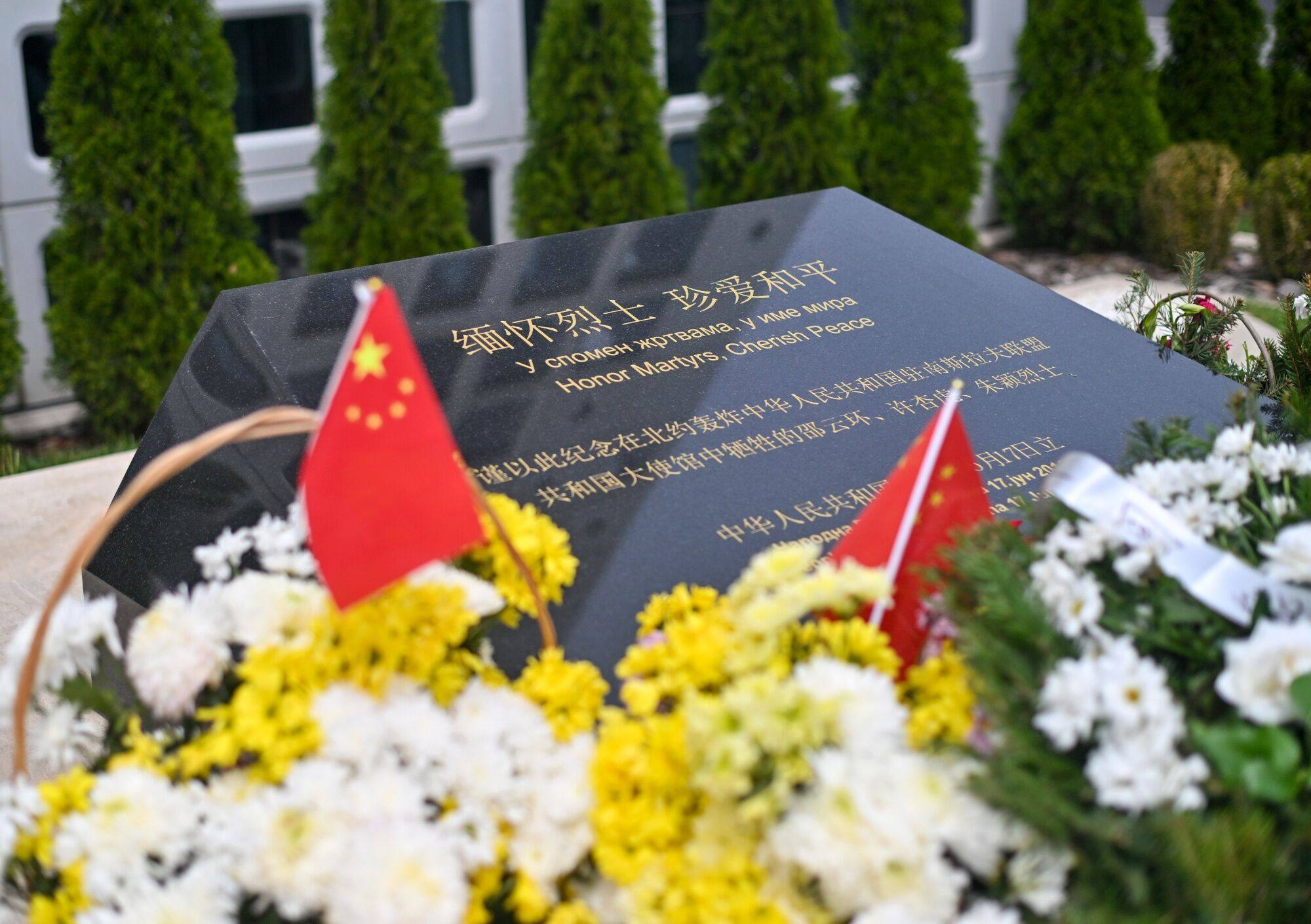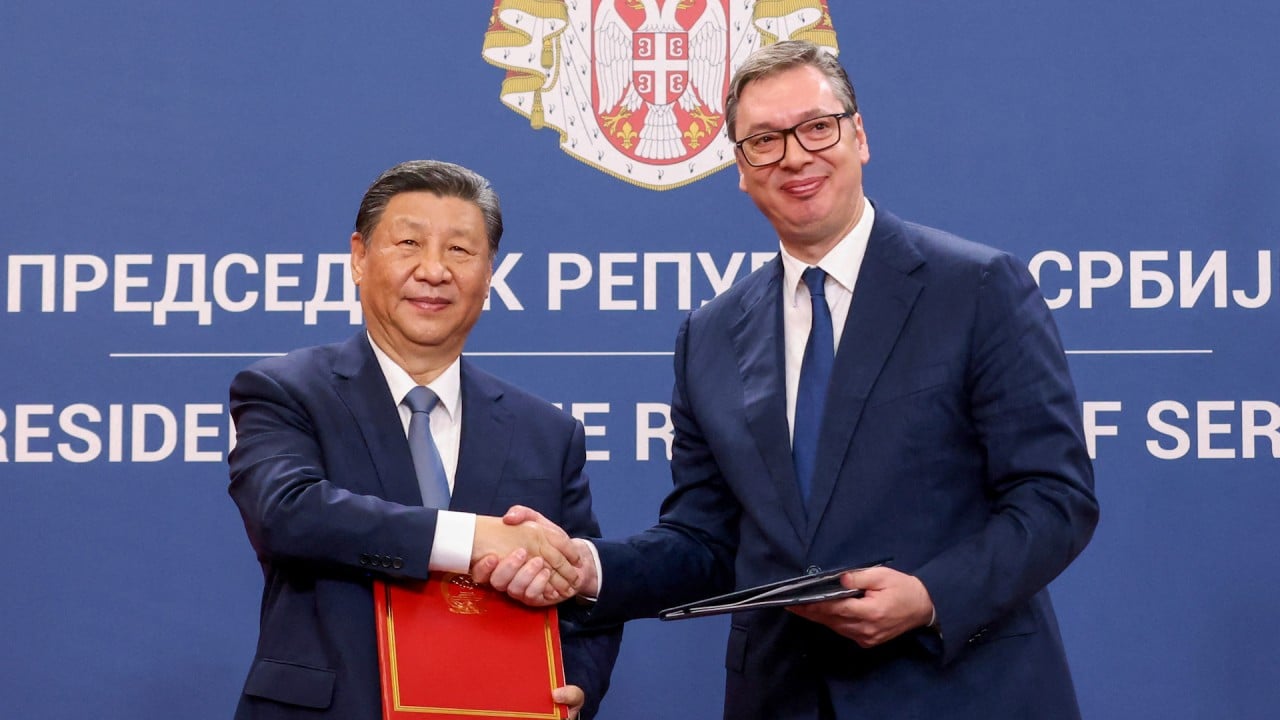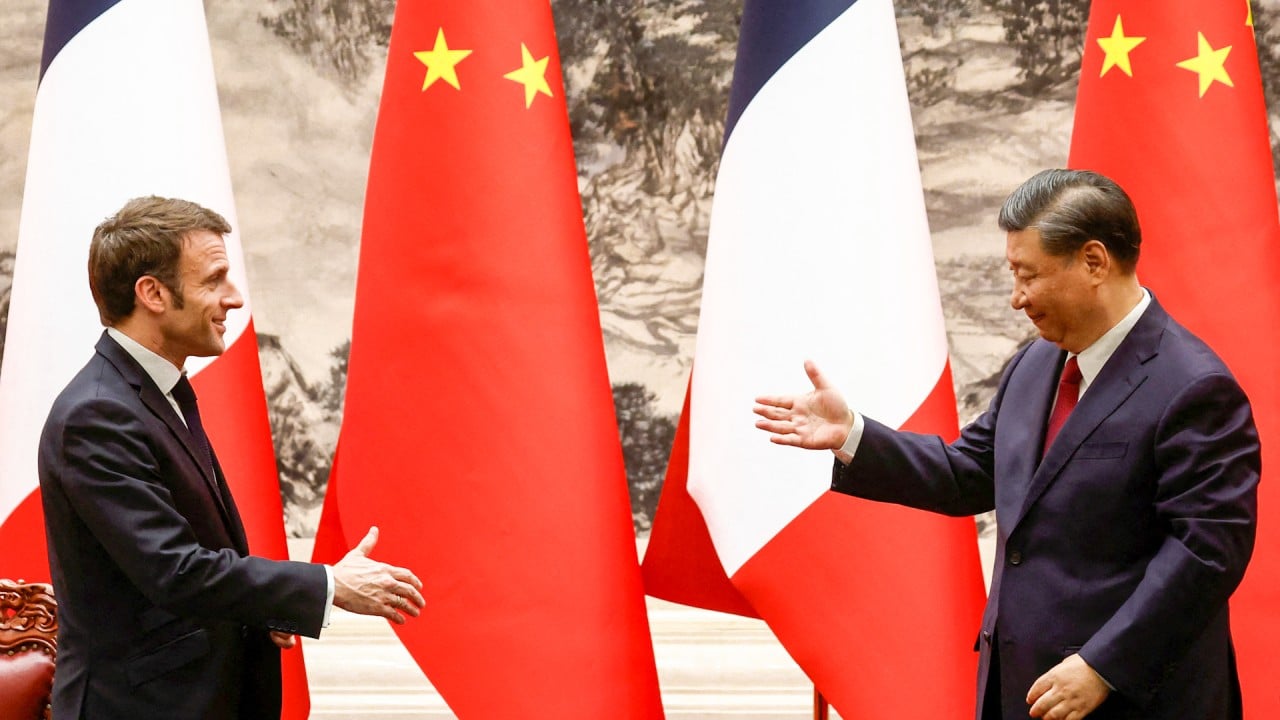
In Serbia, Xi Jinping skips site of 1999 Nato bombing in ‘calculated move’ to not stoke tension with West
- Visit ‘shows Xi does not want to overly irritate the US, or put his Serbian hosts in a difficult position’ with the EU, says analyst
- But timing the visit to coincide with the anniversary of deaths of three Chinese journalists is in itself viewed as a message to US-led West
Three Chinese journalists were killed when US-led Nato used missiles to attack the embassy in Belgrade on May 7, 1999, prompting a major crisis between Beijing and Washington, which the latter insisted was a “tragic mistake”.
Deng Yuwen, former deputy editor of the Communist Party’s flagship newspaper Study Times, said Xi’s no-show at the bombing site was due, in part, to his tight schedule during the Serbian visit.
“But, of course, it also shows Xi does not want to overly irritate the US, or put his Serbian hosts in a difficult position,” he said. “If Xi went ahead with a speech commemorating the anniversary on top of a much-anticipated visit to the site, the European Union would probably put pressure on Serbia.”
While Serbia is seen as one of the most China-friendly countries in Europe, especially after Nato’s bombing of the former Yugoslavia between March and June 1999, it is one of the six Western Balkan countries applying for EU membership.
Shen Dingli, an expert on international relations in Shanghai, said Beijing obviously did not want to embarrass Belgrade, which “would join the EU and Nato sooner or later”.
“It is clear that China does not want to further alienate itself at a time when Beijing has already edged closer toward Russia during Moscow’s invasion of Ukraine,” he said.
But it did not mean Beijing would change its adversarial approach towards Washington, Shen said.
“As part of a three-nation European tour, Xi intentionally chose the anniversary [of the Nato bombing] to visit Serbia, which underlined his deep-seated anti-West views,” he said. “Beijing could have avoided this particular day for his visit to Serbia if it wants to show its willingness to improve ties with the US and Nato.”
Yun Sun, co-director of the East Asia programme and director of the China programme at the Washington-based Stimson Centre, said Xi’s second state visit to Serbia on the anniversary of the embassy bombing could hardly be a coincidence.

Despite the embassy site not being among the president’s stops, “Beijing still criticised Nato”, she said, noting the Chinese leader’s pledge to “never forget” the incident in an opinion piece published in Serbia’s Politika newspaper on Tuesday.
“China is in … stabilisation mode with the US so there is no need to strike that angle … and a touch on the bombing is enough,” Sun said.
In the article published before Xi arrived in Belgrade, the president wrote: “The China-Serbia friendship, forged with the blood of our compatriots, will stay in the collective memory of the Chinese and Serbian peoples.”
During the visit, Xi announced the elevation of “the comprehensive strategic partnership” with Serbia and signed a total of 28 agreements to deepen economic and other cooperation.
Echoing the Chinese leader, Serbian President Aleksandar Vucic told a rally welcoming Xi on Wednesday: “Do not forget that our Chinese friends were with us 25 years ago when this country was being demolished and bombed.”
Lu Xiang, an expert from the Chinese Academy of Social Sciences, said that with Xi’s 2016 visit to the bombing site and the Politika article, Beijing had clearly stated its stance on the incident.
“There is no need to hold a commemorative ceremony every time he visits Serbia. And there is no need to let a historical event dominate current China-Serbia relations and China-EU relations,” he said.



